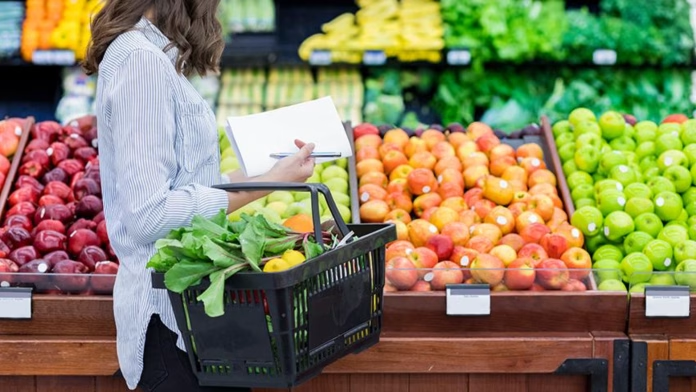UK grocery inflation, while showing signs of easing, is still impacting many Britons who are grappling with a cost-of-living crisis entering its second year, as highlighted by the CEO of Aldi UK on Monday.
In March, UK food price inflation surged to its highest level since 1977, surpassing 19%. However, this official measure has moderated to 13.6% as of August, and industry data indicates it stood at 12.2% in September. Despite these improvements, escalating food prices continue to exert significant financial pressure on numerous households.
“Whilst grocery inflation has started to ease, it’s clear that people remain under real pressure from its impacts,” Aldi CEO Giles Hurley told reporters.
Earlier this month, Kantar, a market research firm, reported that their data revealed 95% of UK consumers remained apprehensive about the consequences of increasing grocery prices, a concern only equaled by their apprehension regarding rising energy bills. Additionally, just shy of a quarter of the population admitted to facing financial difficulties.
“Our own research with YouGov tells us that three in four people have changed their grocery shopping habits because of increased living costs, making fewer shopping trips, shopping with numerous supermarkets and switching their main supermarket altogether,” Hurley said after Aldi UK reported 2022 results.
He emphasized that the shift towards own-label or private label products, typically priced lower than branded items, represented a significant transformation in the way Britons are currently engaging in their shopping habits.
“Own label now represents 54% of the (UK) grocery market by value compared to 51% in 2013, that’s a 3 billion pound ($3.7 billion) shift in sales in just ten years,” he said.
Some 90% of Aldi UK’s range is own-label.





